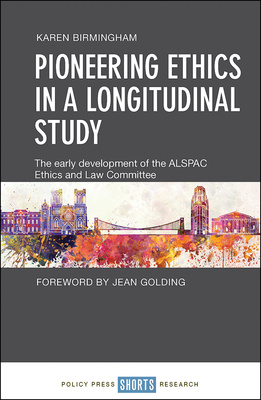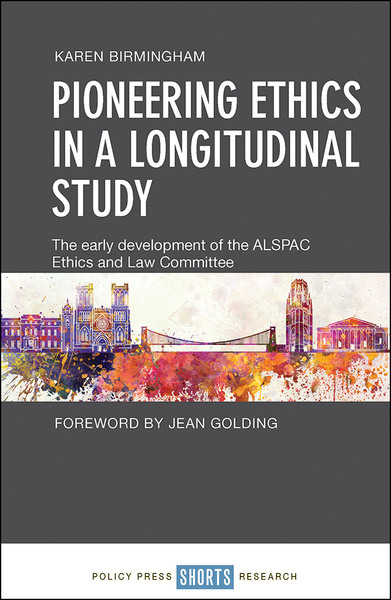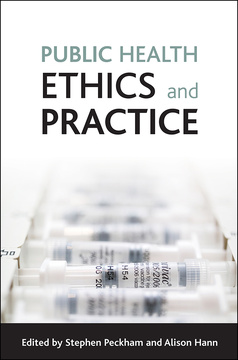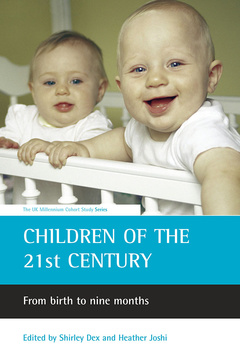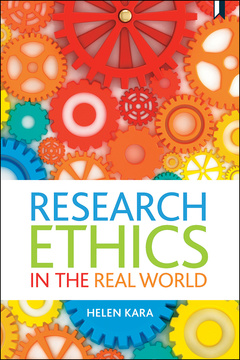Pioneering Ethics in a Longitudinal Study
The Early Development of the ALSPAC Ethics and Law Committee
By Karen Birmingham
Published
Jan 17, 2018Page count
136 pagesISBN
978-1447340386Dimensions
198 x 129 mmImprint
Policy PressPublished
Jan 17, 2018Page count
136 pagesISBN
978-1447340393Imprint
Policy PressPublished
Jan 17, 2018Page count
136 pagesISBN
978-1447340409Imprint
Policy PressPublished
Jan 17, 2018Page count
136 pagesISBN
978-1447340423Imprint
Policy PressAvailable Open Access under CC-BY-NC licence.
The Avon Longitudinal Study of Parents and Children (ALSPAC), also known as Children of the 90s, is a world-leading birth cohort study that uniquely enrolled participants in utero and obtained genetic material from a geographic population. It instigated the innovative but controversial ALSPAC Ethics and Law Committee.
This book describes in detail the early work of this Committee, from establishing the core ethical principles necessary to protect participants, to the evolution of policies concerning confidentiality and anonymity, consent, non-intervention and disclosure of individual results, data access and security. Quotes from interviews with early members of the Committee reflect not only on its pioneering work but also on the unusual style and inspirational leadership of the first Chair, Professor Michael Furmston.
This will be of interest to those involved in other cohort studies in understanding the evolution of ethical policies as ALSPAC developed.
"A fascinating account of a pioneering study, which developed ethical procedures in an evolving context with no existing coherent framework." Anna Tarrant, University of Lincoln
Karen Birmingham is a Research Fellow at the Centre for Child and Adolescent Health, School of Social and Community Medicine, University of Bristol. Having been Secretary of the ALSPAC Ethics and Law Committee for 15 years, she has a particular interest in the development of the ethical policies that were necessary for the new methodologies used in ALSPAC.
Introduction
Part One: ALSPAC Ethics and Law Committee: a new concept
onePreliminaries and pioneers: framing the questions
twoInformal or casual: an unusual style
threeAdvisory to independent: a missed opportunity
fourBureaucratic battles: liaison with the Local Research Ethics Committees
Part Two: Policy development: a case of case law
fiveConfidentiality and anonymity: a rod for their own backs
sixInformed consent: too much information
sevenChild protection: an observational study?
eightDisclosure of individual results: foreseen feedback and incidental findings
nineDisclosure of individual results: participants’ requests
tenParticipants’ problems: people not policies
elevenExternal databases: anonymous linkage
Part Three: Beyond policy: a broad remit
twelveRetention of the Cohort: incentives or inducements
thirteenCommercial collaborations: selling our souls
fourteenComprehensive oversight: undocumented and unacknowledged
fifteenInfluence beyond ALSPAC: extension of expertise
Conclusions







